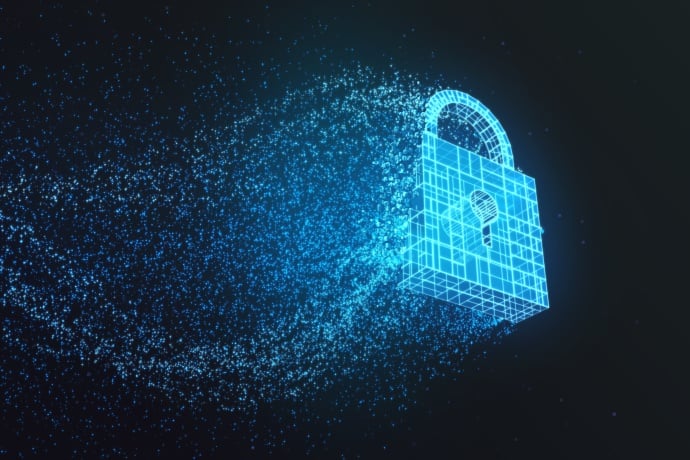Battening Down Insecure Mobile Access: No Longer Optional
Don’t assume that data access points are safe by default. We live in a world where mobile threat protection can’t remain a back-burner issue
Mobile has proven to be the fastest growing – and in some places, dominant – form of network access.
So why are we still talking about insecure WiFi networks?
As we’ve seen with the deployment of so many tech innovations, convenience has yet again trumped security. While mobile traffic has mushroomed, security remains the proverbial work in progress.
In 2016 Symantec detected 18.4 million mobile malware attacks, more than double the number of attacks we uncovered in 2015.
That soaring threat is why Symantec bought Skycure last year. It's the most comprehensive mobile security suite in the business. WPA2 Security used to be “it,” but nothing is unhackable now. It’s crazy. We are seeing enormous interest in the mobile threat protection and thus are integrating Skycure into our endpoint protection suite as Symantec Endpoint Protection (SEP) Mobile.
Free Wifi pops up everywhere. People assume that wherever they go, they’re going to be able to connect. But they don’t necessarily understand the repercussions. Are those access points attempting to decrypt traffic? That’s something SEP Mobile can easily detect.
SEP Mobile does a number of things. It uses crowd-sourced intelligence to work at both the cloud and device level. It monitors apps, protocols and OS vulnerabilities across the network. It also gives you the ability to determine whether or not a WiFi network is secure before you connect to it in the first place.
One of the best things about SEP Mobile is that it doesn’t require much intervention by the IT department. Users download the program onto their phones from Google Play or Apple's App Store and sign in with their companies' credentials. And that's it. They're protected. We think it's the easiest and most powerful solution out there.
The second company Symantec bought recently is Fireglass – it’s now called Symantec Web Isolation. If you’re on your PC and you go to a website, some sites may be malicious. Wouldn’t it be great if you could view those sites from behind a “protective pane of glass”? Symantec’s Web Isolation lets you do exactly that.
If you go to a URL that’s unsafe, Web Isolation will render a JPEG image of the site back to your machine. Since it renders an image of the site, the actual code from the web site never gets on your machine. It’s an innovative solution that lets you browse and do whatever you want without incurring any risk of active content ever landing on your machine. Commonly encountered files that would normally open on your machine in Adobe Reader or Excel, for instance, would also open in the Symantec Web Isolation environment.
Web Isolation also tracks internet addresses to assure that users see only read-only versions of counterfeit websites they might be led to through phishing scams. In the end, it lets people see what they need to see without being victimized. Depending on your needs, it can run on-premises or in the cloud.
Everyone needs protections like these. People tend to think of these problems as remote and often shrug off credit-card breaches since they won’t be liable for any charges. But with more of our personal data out there, the leakage of names can cause all kinds of problems.
For instance, a woman called me recently and wanted to know why I’d charged her credit card $500. She said that the money had been charged by my PayPal account. I do use PayPal but hadn’t charged her a penny. My concern was that someone has created a fake account in my name and used it to scam people.
When you connect to a wireless network there are certain things you don’t want disclosed. So, consider carefully how you connect and where you connect. The same applies to how you share and what you share. Above all, consider protecting yourself and your organization with mobile threat protection and web isolation.
After all, you don’t want to end up owing $25,000 for a car that you didn’t buy.







We encourage you to share your thoughts on your favorite social platform.